Former Rivers State Governor Rotimi Amaechi yesterday said he and Lamido would not have tolerated the current state of affairs in Nigeria if they were still serving as governors.
Amaechi, who chaired the Nigeria Governors Forum during Lamido’s second tenure as Jigawa governor, said their era was marked by bold opposition and a commitment to holding the federal government accountable.
Amaechi, who is also a former Minister of Transportation, spoke in Abuja on Tuesday at the public presentation of Lamido’s autobiography, Being True to Myself.
He said: “I asked you (Lamido) this morning, what is going on currently in the country, in Nigerian politics — would it have happened when we were governors? You said no. And the answer is no.”
Amaechi added: “We would have confronted the government, confronted the president. That’s how radical you were. That’s how our Governors Forum operated. That’s how determined we were to change things.”
He reflected on his political relationship with Lamido, noting that although they were allies in government, their paths diverged over strategy in opposing then-President Goodluck Jonathan.
“We were quite good friends in government. We had our bad times when we disagreed. I made the mistake of assuming he was as radical as I was. So, he was one of the governors I clung to when it came to radical decisions.
“The last one before we broke ranks was when we all agreed to go against President Jonathan. We formed a committee of governors and others. At the end of the day, he went to find a new party, the SDP. We said, ‘If we go to the SDP, we will lose the election. Let’s hang on to this one called the APC.’ He disagreed and left us. That’s where we parted ways.”
Tinubu lauds author, reaffirms commitment to inclusion
In his remarks delivered by the Minister of Information, Mohammed Idris, President Tinubu reiterated his belief in inclusive democracy, where opposition is not treated as hostility but as part of a healthy contest of ideas.
“President welcomes constructive criticism at all times, in the spirit of freedom of speech and democratic engagement, but he will also never allow himself to be distracted from doing what is right for Nigeria.
“Every citizen, regardless of party affiliation, has a seat at the table of national discourse,” he added.
He described Being True to Myself as a valuable addition to Nigeria’s political literature and a testament to Lamido’s political journey.
“This is not merely the unveiling of a book; it is the celebration of a life defined by courage, consistency, and commitment to democratic ideals,” he said.
Also speaking, former Military Head of State, General Abdulsalami Abubakar, represented by the former chairman of the Independent National Electoral Commission, Professor Attahiru Jega, commended Lamido for his introspection and honesty in recounting his life journey.
Jega said the book traced Lamido’s formative years, career, and lessons drawn from his public and private life.
“It adds remarkable value to our understanding not only of his background but also the broader trials and complexities of Nigerian politics and governance,” Jega said.
‘Settle FG’s N45bn debt to Abiola’s family’
Lamido called on President Bola Ahmed Tinubu to pay the N45 billion allegedly owed to the late Chief MKO Abiola by the federal government.
He urged the current administration to build on former President Muhammadu Buhari’s recognition of the Late Abiola as the winner of the annulled June 12, 1993 presidential election.
He said one clear step towards closure would be the payment of a longstanding N45 billion debt allegedly owed to the Abiola family for government contracts executed by Abiola’s company, International Telephone and Telecommunications (ITT).
“I would like to appeal to President Tinubu to close the chapter of June 12,” Lamido said. “In his book, General Ibrahim Badamasi Babangida acknowledged that Abiola won the election. When I went to him, he told me that Abiola was owed N45 billion.”
Lamido said Babangida confided in him that the military leadership at the time feared that declaring Abiola president would have led to him claiming his money, thereby creating a fiscal crisis that could bankrupt the country.
“He was doubly punished,” Lamido said. “He was denied the presidency, and he is still owed.”
Lamido directed his appeal to the Minister of Information and National Orientation, Mohammed Idris, who represented Tinubu at the event, urging him to convey the message to the president.
Our work not yet done – Obasanjo
Also speaking at the launch, former President Olusegun Obasanjo described Nigeria as “a work in progress” and urged national leaders not to rest on their laurels.
“Nigeria that we are working for—we haven’t gotten there. And I believe it is the responsibility of each of us to ensure that we get there.
“Our job is not finished until we are finished,” the former president said.
Obasanjo recounted how Lamido became his foreign affairs minister, explaining that it was not his initial plan. According to him, an earlier nominee had declined the role, prompting him to choose Lamido, who was seen as politically close to the original candidate.
“I once met the British Foreign Secretary—Robin Cook, I believe,” Obasanjo recalled. “He asked Sule, ‘Before your president appointed you foreign minister, how long had he known you?’ And in his usual candid manner, Sule replied, ‘If he knew me, I didn’t know him.’ Cook was taken aback and said, ‘He made you foreign minister without knowing you?’”
“I did not know Sule during NEPU days. We came to know each other when we entered government,” Obasanjo recalled.
He said he had initially demanded undated resignation letters from his ministers as a safeguard but noted that Lamido firmly declined.
“Sule came to me and said, ‘You appointed me. I didn’t lobby for it. If any day you find me unworthy of the assignment you have given me, give me five minutes and I’ll give you my letter of resignation. But please excuse me from giving you undated letter of resignation.’ I acceded to his request. And of course, he didn’t have to give me a letter of resignation, and I had no cause to ask him to give a letter of resignation.”
Obasanjo described the early days of his administration as particularly challenging, noting that Nigeria had become a pariah state. He praised Lamido’s diplomatic efforts in restoring Nigeria’s international image.
“Sule Lamido was the agent of the outside and any time he went out, I wanted to know what the reaction was, what impact we were making, how we were changing or not changing the impression of the outsiders about Nigeria. Sule did such a magnificent job,” he said.
Within three years of the administration, he recalled, Nigeria hosted the Commonwealth Heads of Government Meeting (CHOGM), attended by the Queen of Britain, signalling the country’s reintegration into the international community.
Obasanjo also commended Lamido’s performance as governor of Jigawa, referencing his many visits to the state. “Without any doubt, you performed. So, of course, it wasn’t difficult for me to write the foreword to your book,” he said.
Reviewing the book, former Senate President Iyorchia Ayu asked Lamido to write follow-up volumes—one detailing his tenure as foreign affairs minister and another chronicling his achievements as governor of Jigawa.
“That aspect was a bit too sketchy. Nigerians need to know more. Many young governors can learn from what you did and continue to do.”
Ayu said Lamido’s book offers a candid appraisal of contemporary Nigerian politics. He described Lamido as a fierce critic of what he sees as the decline of democratic values under the current political dispensation.
Ayu said Lamido described the APC era as a disaster. He continues to speak truth to power, even in personal encounters with those in authority.”


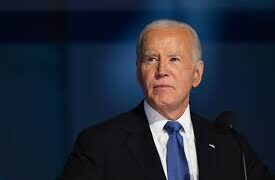

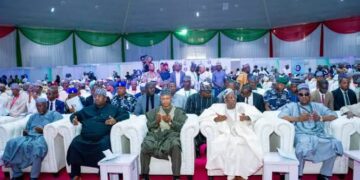








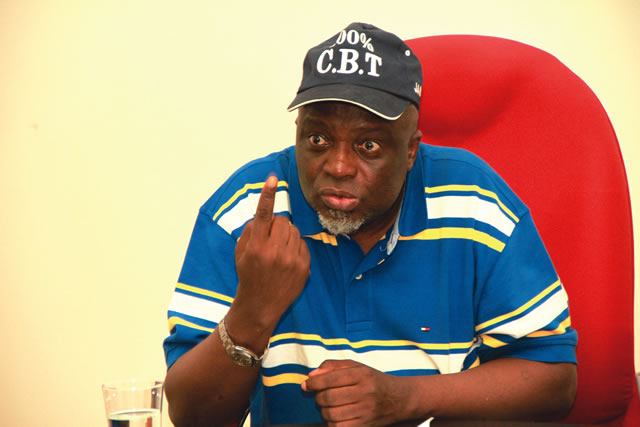
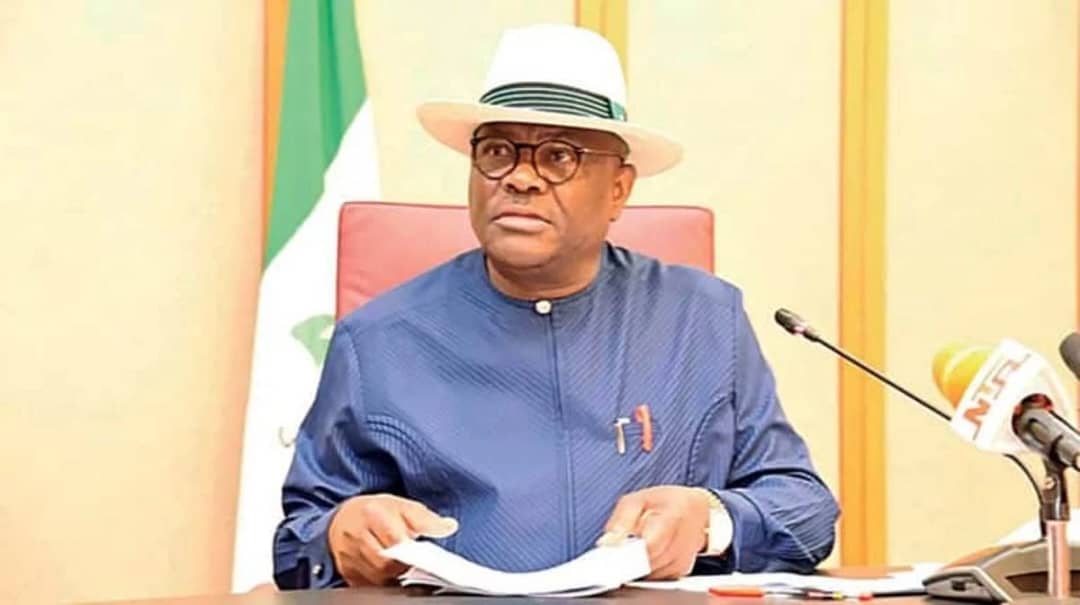
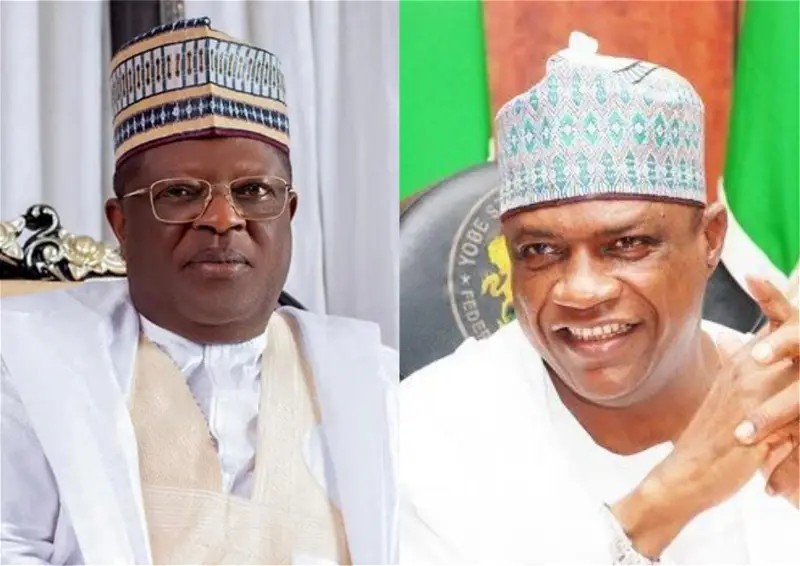







 You can install this WP plugin on your website from the WordPress official website:
You can install this WP plugin on your website from the WordPress official website: 